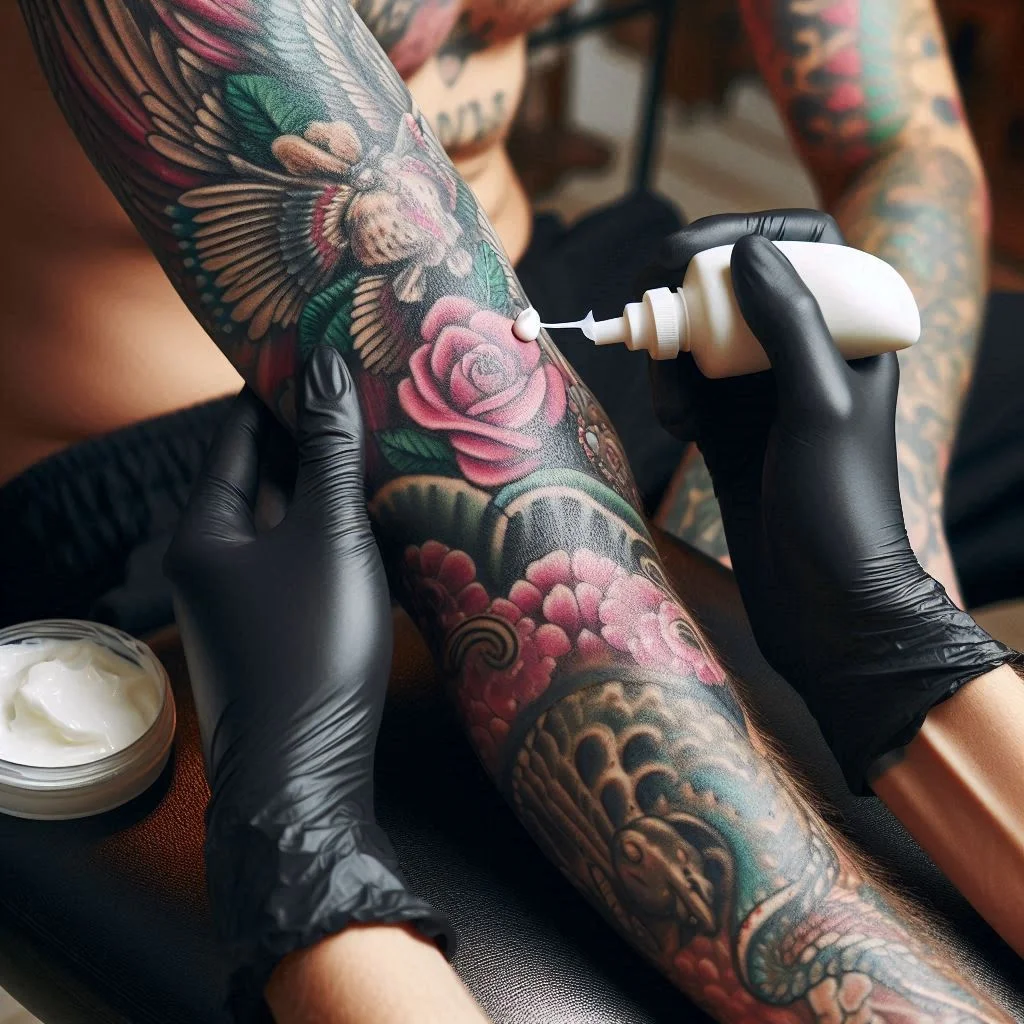Introduction: Why Is Tattoo Preparation Important?
Are you looking forward to getting your first tattoo or expanding your collection? A tattoo is a permanent work of art on your body, and preparation is the most important thing to ensure a smooth process. From skincare to hydration, here’s all you need to know to prepare for your tattoo session the correct way.
How Should You Prepare Your Skin for a Tattoo?
Why Is Skin Care Important Before a Tattoo?
Healthy skin enables the tattoo ink to settle in more smoothly and heal more quickly. Good hydration, exfoliation, and moisturizing can make the tattooing process a huge difference.

Should You Moisturize Before a Tattoo?
Yes! Keeping your skin properly moisturized in the weeks prior to your tattoo makes it more pliable and a pleasure to work with. Don’t apply lotion on the day of your session, though.
Should You Shave Before a Tattoo?
If your tattoo artist does not provide shaving, shave the area gently 24 hours prior to your appointment. Don’t get cuts or irritated, as broken skin can impact tattooing.
What Do You Eat and Drink Before Having a Tattoo?
Do You Need to Stay Hydrated Before a Tattoo?
Yes! Staying hydrated before your appointment keeps your skin soft and minimizes pain during the tattooing process.
What Do You Eat Before Getting a Tattoo?
Have a well-balanced meal with plenty of protein and healthy fats. Limit sugar and caffeine, which tend to make your skin more sensitive.
Do You Need to Avoid Alcohol and Caffeine Before Getting a Tattoo?
Yes! Alcohol and caffeine make your blood thinner, and this can cause too much bleeding and make the ink set improperly.
How Do You Handle Tattoo Pain?
Will Numbing Cream Reduce Tattoo Pain?
Numbing creams will help, but they can also influence how the ink settles. Talk to your tattoo artist before you use one.
How to Remain Comfortable During a Tattoo
Wear loose, relaxed clothing, bring headphones or a stress ball, and breathe deeply to relax.
Should I Take Painkillers Before Getting a Tattoo?
Don’t take blood-thinning painkillers such as aspirin or ibuprofen. If necessary, ask your artist about safe pain relief.